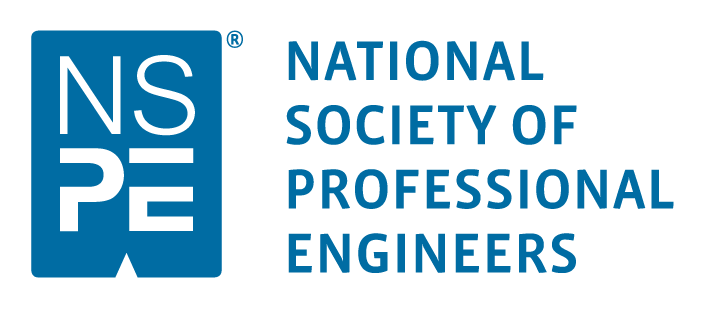If You Inspect, You Know What to Expect
If you are a first time commercial property buyer and have just found your first commercial property, then you are likely in a scary phase of the real estate transaction–the part where you think the place is perfect when you’re not even sure if it’s safe or sound enough.
Before closing the deal, make sure that the building you are about to purchase has been inspected, not just by you or your agent, but a licensed engineer.
A building inspection is one of the most critical aspects of the property buying process, yet many people neglect to take this step. As a real estate buyer, the burden of determining the soundness and acceptability of the building rests on you. Without a proper inspection, you can’t possibly know what to expect from the building you’re looking to buy.
What to Expect When You’re Inspecting
A property inspection is as much your responsibility as it is an engineer’s. It is your future investment that’s on the line here after all. As the buyer, you have to take part in the inspection to learn more about the property and determine for sure if it is the kind of property worth investing in.
- You’ll be checking for dampness.
Excessive moisture is a result of water incursion either from external sources, such as rainwater and flooding or internal sources, like wet insulation and leaking pipes. It may not sound so serious now, but prolonged dampness can lead to growth of mold and bacteria over time.
Some telltale signs of dampness and mold include flaky plaster, watermarked ceilings or walls, and damp, musty smell.
- You’ll make sure the property is structurally sound.
Pay particular attention to the areas around the bay windows, end-of-terrace walls, and extension joins. A structurally sound building should not have major cracks on its foundation and walls. However, you can expect to see hairline cracks in properly maintained old buildings.
- You’ll see if the roof is in good condition.
Roof replacement or repair is an expensive business, so make sure that the property’s roof is in tip-top condition. Holes and unsealed seams and edges are some of the worse problems you can expect to see during an inspection.
- You’ll verify if the buildings mechanical, electrical, and plumbing (MEP) systems are in check.
Dodgy wiring is dangerous while repairing inadequate and poor plumbing is a lot of work. There can be numerous issues when examining the MEP systems, such as an outdated fuse board, an old boiler, broken radiators, insufficient drainage, and water pipes made from lead. And correcting all these can be an expensive endeavor.
If you have any doubts about your prospective property, it might be worth considering engaging a Lockatong engineer to know exactly what to expect.







